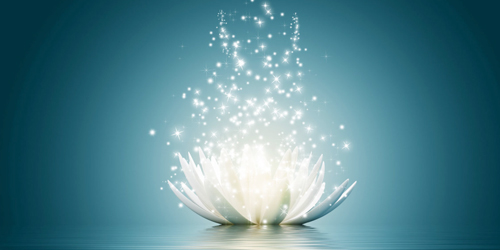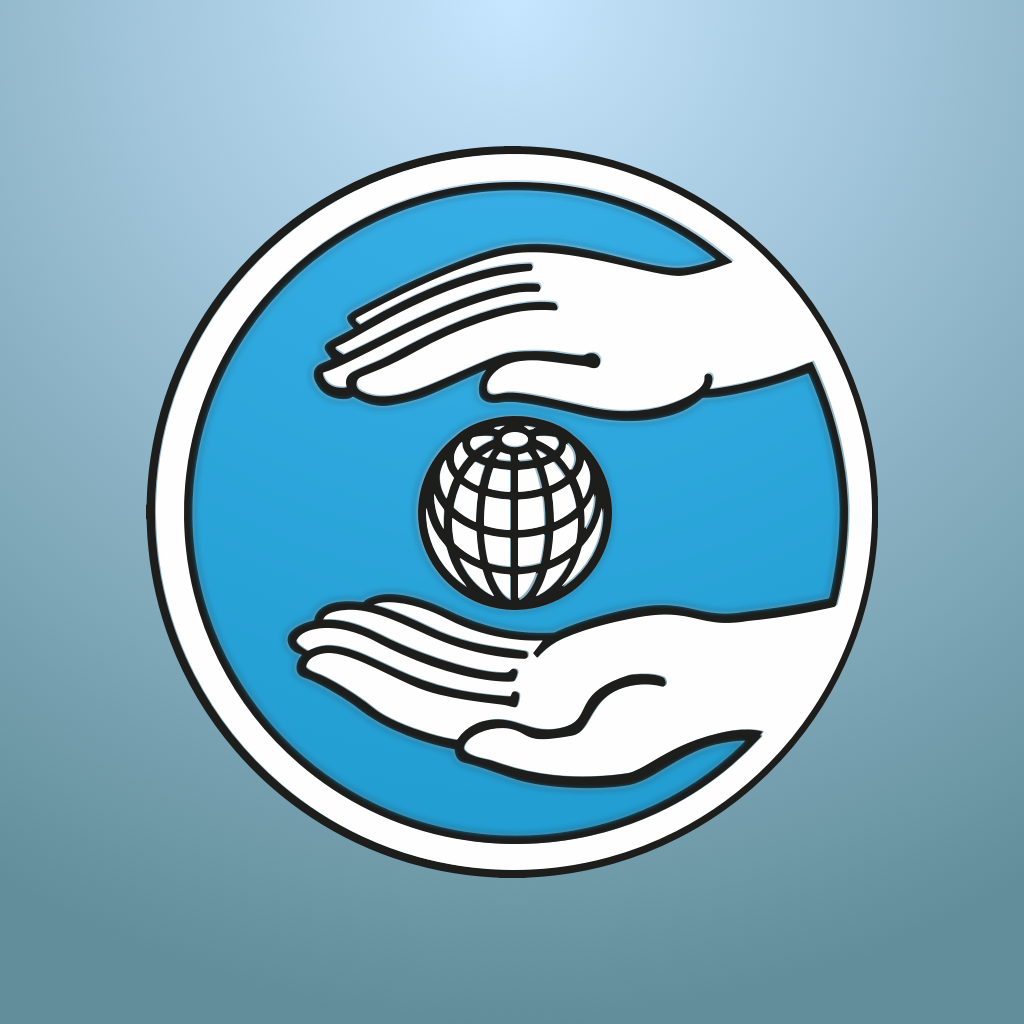Who are we, and what is the purpose of our life. These are questions that everyone has asked at some point. The truth is that everybody’s journey is different, but the destination, as Mataji tells us, is the same.
The pandemic has been an awakening call for many people around the world. The question – who are we? – is more relevant today than it has ever been for our global community. Seeing people suffer all around us has been a huge testing ground to see how our values actually manifest in the midst of a global crisis.
People from all walks of life, and all religious beliefs, have stepped up to help one another in whichever way they can. Core human values of kindness and altruism have been shown all over the world. There is of course the other side, where people have complete mistrust in humanity. They have bundled government officials, policy makers, scientists and medics together as one big group with an agenda. This is not helpful and nor does it have any factual basis. It is unfortunate that there is lack of knowledge and misinformation about this in some communities. We will focus on the majority of people who have helped with this pandemic through their astounding altruism.
Altruism refers to self-sacrificial acts intended to benefit others, regardless of material or social outcomes for the ‘actor’. An act is altruistic only to the extent that it is motivated by concern for the welfare of others. One definition is that altruistic behaviour is motivated by the desire to affirm one’s own moral values(Schwartz & Howard, 1981).
In other words, altruism is ‘selfless service’, which is a concept our gurus emphasise time and time again. Pro-social behaviour usually entails a mixture of altruistic and other types of motivation. For example, an adult may stop children who are fighting, both because of her own value-based concern for their welfare, and because this act may elicit social approval and enhance her sense of competence.
My recent work in vaccine development with the Jenner Institute team at the University of Oxford has been full of life changing observations. The team worked immensely hard through weekends, day and night, to roll out the vaccine as soon as possible. This was not done for any self-gain or recognition (although there is no doubt that global recognition has been a positive outcome for the work they have done), but to save people’s lives with the knowledge and skills they have. Although the team met their goals and received worldwide recognition for their efforts, a year on many team members have suffered from post-traumatic stress and physiological challenges related to the pressures that they faced in the last year.
One of my colleagues said, for every single day the vaccine was not made available, there were lives being lost. It is interesting how the team felt this responsibility was on them, based on what is essentially their area of interest in their careers. There are hundreds of infectious disease departments, however this team felt it was their duty to serve mankind and produce a vaccine to save lives, even if the pressure of doing so was detrimental to their own health and wellbeing.
It made me think about what all of our interests are (professional or personal) and how we can use them for the benefit of mankind. Why is it that for some people, the desire to help others requires constant reminders through the people around us, yet for others there is more of an intrinsic need to help others, regardless of the recognition we receive or the acknowledgement through the institutions we belong to?
A study by Jonas G Miller and colleagues (2020) showed that mothers’ compassionate love was positively associated with donation behaviour in children. Although these findings contribute to the perspectives that individual differences in altruistic behaviours are intrinsically linked, this also suggests that we tend to pick up positive and helpful behaviours from the people around us. It is imperative to have a guardian, mother or father-like figure guiding us to do the right thing for humanity. Mataji plays a similar role in our lives, where we are influenced by altruistic and philanthropic behaviour that she demonstrates.
Where does the human capacity to care for others come from? Basic aspects of human nature are fundamentally selfish. However, there are people who would put themselves forward to help others at their own cost. The brain of altruistic people is fundamentally different. Brain imaging research shows that clinically diagnosed psychopaths (who have no sense of altruism) have poorer recognition of other people’s fears, and underactive, smaller Amygdalas (a structure in the brain) than others. Altruistic people on the other hand, have better recognition of other people’s fears and an overactive and large Amygdala. Furthermore, altruists do not think about themselves as being at the centre of any arrangement, whereas non- altruistic people feel that the world revolves around them. These scientific studies tell us that where there is a lack of self-centredness, there is greater humanity. Interestingly, this is a fact that many divine souls have taught us, without the need for complex scientific experiments.
Without having looked at scientific studies of anatomy and environmental influences, our guru’s teachings have already shown how helpful altruistic behaviour has such a positive impact on humanity overall and on oneself, even if we do not see ourselves as a factor in the equation. Although this seems like a very basic fact of life, it is something that is often forgotten. It is crucial that we are constantly reminded of the importance of helping each other.
As increasing numbers of people experience the world through loneliness, fear and destitution, altruism and selfless service is needed more than ever before. The pandemic has been a catalyst for like-minded souls to work together. Long may such efforts continue.
– Dr Tina Mohindra, UK








